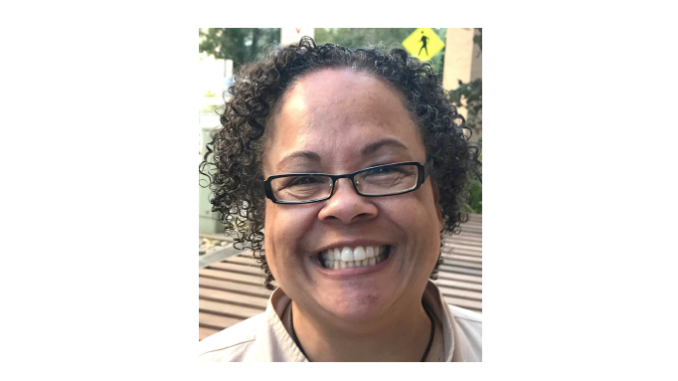
BY BRADEN CARTWRIGHT
Daily Post Staff Writer
Daily Post Staff Writer
Palo Alto Councilwoman Julie Lythcott-Haims isn’t satisfied with a rule change by the Fair Political Practices Commission that was designed to allow her to keep getting paid for public speaking.
Her lawyer, Gary Winuk, asked the FPPC to change its definition of “speech” or to expand the exceptions allowed under the law, so that Lythcott-Haims can continue getting paid for book talks while in office.
“We don’t want to put in place rules that discourage people from being in public service,” Winuk told the FPPC on Thursday.
Before the meeting, Winuk and the California Political Attorneys Association wrote letters to the FPPC arguing for a rule change. But FPPC lawyers said on Thursday that Winuk misstated the law, and his proposals wouldn’t be allowed.
“I don’t like misleading statements,” FPPC attorney Karen Harrison said. “These proposals that were presented in the two letters are in direct contradiction to the statutes, and they are beyond our authority. If they were followed, they would open the floodgates.”
Lythcott-Haims is looking for a workaround to Proposition 112, passed by California voters in 1990 after state officials were accused of corruption.
Rule based on voter-approved ballot measure
The ballot measure amended the state Constitution to ban elected officials from getting more than 50% of their income from paid speeches in a year.
Supporters said the rule would make it harder for lawmakers to profit off of their public service, and for special interests to buy votes.
“Politicians will not be able to change one word of these provisions. Only the people can,” said the argument in favor.
Opponents of Prop. 112 said that elected officials give speeches for legitimate reasons, to groups that have real concerns or interests.
“Good candidates should not be unable to run for public office because they and their families cannot afford a reduction in income,” said the argument against Prop. 122.
The proposition ended up passing with 62% of the vote.
Lythcott-Haims published her first book called “How to Raise an Adult” in 2015. She followed up with a memoir called “Real American” in 2017 and “Your Turn: How to Be an Adult” in 2021.
Lythcott-Haims had 37 promotional book talks and workshops in 2022, and about 85% of them were paid, Winuk said.
She won’t accept any income from businesses or people in Palo Alto, and all of her paid activities will relate to her published work, Winuk said.
Lythcott-Haims took office in January 2023, and City Attorney Molly Stump suggested that she get specific advice from the FPPC.
Commissioners were sympathetic to her situation in September and asked FPPC lawyers to amend the rules so Lythcott-Haims could get paid for speaking, while still following Prop. 112.
“What we’re asking you to do is be as creative as you possibly can,” Commissioner Richard Miadich said.
Harrison came back in April and proposed a rule change to look at income over a three-year period, rather than a one-year period, to accommodate an author’s schedule.
“Her business had cyclical activity,” Harrison said. “One year a book might be published, and payments would be received, and then in following years, it would be promoted.”
Commissioners approved the rule change on Thursday over Winuk’s objections. He said that Lythcott-Haims “deserves to stay in public office.”
“Targeting someone that has a pre-existing business, which is indisputable here, and saying, ‘Well look, if you don’t publish a new book every three years that’s a New York Times bestseller then you can’t serve in public office,’ doesn’t serve any public purpose,” Winuk said.
Winuk said the FPPC has given inconsistent advice before, and the ban on paid speaking gigs wasn’t aimed at book talks that are unrelated to city business.
“If someone wanted to influence her or anyone’s service in the public, they could pay for the book to be written. They could pay for her to come perform some other service. When someone wants to commit a corrupt activity, there’s a lot of avenues, unfortunately, to do that,” Winuk said.
Commissioners, based on Harrison’s advice, weren’t swayed by Winuk’s arguments.
“We looked at the voters’ intent here. They wanted the ban to be executed broadly. So I’m immediately skeptical of any sort of expansion,” Commissioner Adam Silver said.

:She won’t accept any income from businesses or people in Palo Alto, and all of her paid activities will relate to her published work, Winuk said.”
Ah but she’s spoken at Facebook which is just over the border in Menlo Park and has various housing development proposals in Palo Alto.
She always casts herself as the victim.